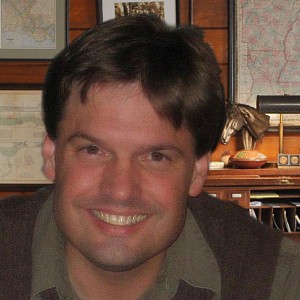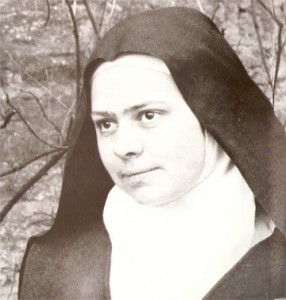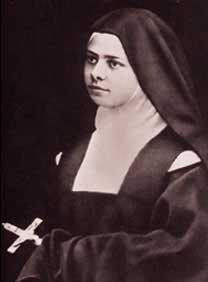Podcast: Play in new window | Download (Duration: 4:23 — 4.0MB) | Embed
Subscribe: Apple Podcasts | Spotify | Amazon Music | Android | Pandora | iHeartRadio | JioSaavn | Podchaser | Gaana | Podcast Index | Email | TuneIn | Deezer | Anghami | RSS | More
From Dr. Anthony Lilles’ blog “Beginning to Pray“
There are stories about great saints who struggled to pray in the face of great difficulty. This can be baffling until we try to enter into the Passion of Christ and consider the movements of His Heart before the merciful love of the Father. Until we contemplate the prayer of the Word of the Father, this struggle to pray is often deemed to be merely a stage through which we pass. Yet, in the Garden of Gethsemane (see Luke 22:35ff), the bloody sweat of the Son of God reveals this struggle as a supreme moment of Christian contemplation, a terrifying standard against which the truth of all our other prayers can be discerned.The hymn of praise learned with the Suffering Servant on the Mount of Olives is shrouded in a mystery. It is against this mystery that therapeutic approaches to prayer should be discerned. Psychological or physical tantrums are silenced before the authentic cry of heart offered by the Son of Man. His love for his disciples and devotion to the Father challenges any consumerist attitude toward the things of God. His sorrow and spiritual poverty helps us feel the appropriate shame we ought to have over any gluttonous expectation for mental relief or euphoric experience. Against the dark terror Jesus confronts in prayer, spiritual consumerism can only be seen as limiting the freedom that our conversation with the Lord requires.The Word made flesh baptized every moment of his earthly life in this kind of prayer. Every heart beat and every breath was so filled with zeal for the Father and those the Father gave Him, divine love ever exploded in His sacred humanity with resounding silence, astonishing signs, heart-aching wonders and words of wisdom which even after two thousand years still give the world pause. Each verse of the Gospels attempts to show us His self-emptying divinity boldly hurling His prayerful humanity with the invincible force of love to the Cross.In Gethsemane we glimpse how the Son of Man availed Himself to these mysterious promptings of the Father’s love, an unfathomable love that is not comfortable to our limited humanity. Unaided human reason cannot penetrate the divine passion that compelled Him into the solitude hidden mountains and secret gardens. His vigil on the Mount of Olives can only be understood as the culmination of the ongoing conversation to which He eagerly made His humanity vulnerable.
If, in this culminating movement of heart, Christ sweat blood, we who have decided to follow in the footsteps of our Crucified Master should not be surprised by moments of great anguish in our own conversation with God. In the face of this mystery, we must allow the Risen Lord to give us His courage. What is revealed on the Mount of Olives helps us see why Christian prayer can mature into a beautiful surrender, a movement of love which gives glory to the Father and extends the redemptive work of the Redeemer in the world. What Christian contemplation sees with the Son of God can involve very difficult struggle, through the strength that comes from the Savior even the terrifying moments of such prayer can resolve themselves in trustful surrender: “Not my will… Yours be done.”
Dr. Anthony Lilles is the author of “Hidden Mountain, Secret Garden”
Available at Amazon.com as an ebook (click here), a paperback edition (click here). You may also order a paperback edition at createspace.com.

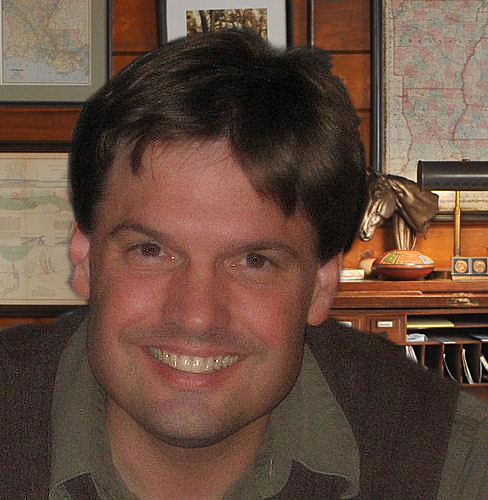









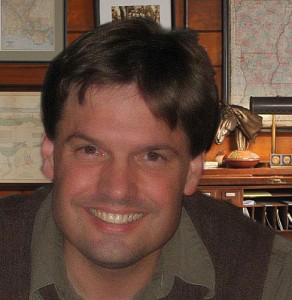
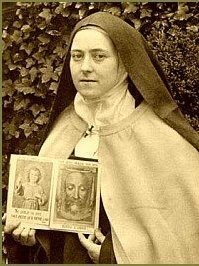 ourselves to the Lord ever more completely. Our day begins with a meditation on the psalms which point the way to this prayer. We will introduce the saints who will guide us through our reflections: St. Teresa of Avila, St. John of the Cross, St. Therese of Lisieux, St. Elisabeth of the Trinity and St. John Paul II.
ourselves to the Lord ever more completely. Our day begins with a meditation on the psalms which point the way to this prayer. We will introduce the saints who will guide us through our reflections: St. Teresa of Avila, St. John of the Cross, St. Therese of Lisieux, St. Elisabeth of the Trinity and St. John Paul II.